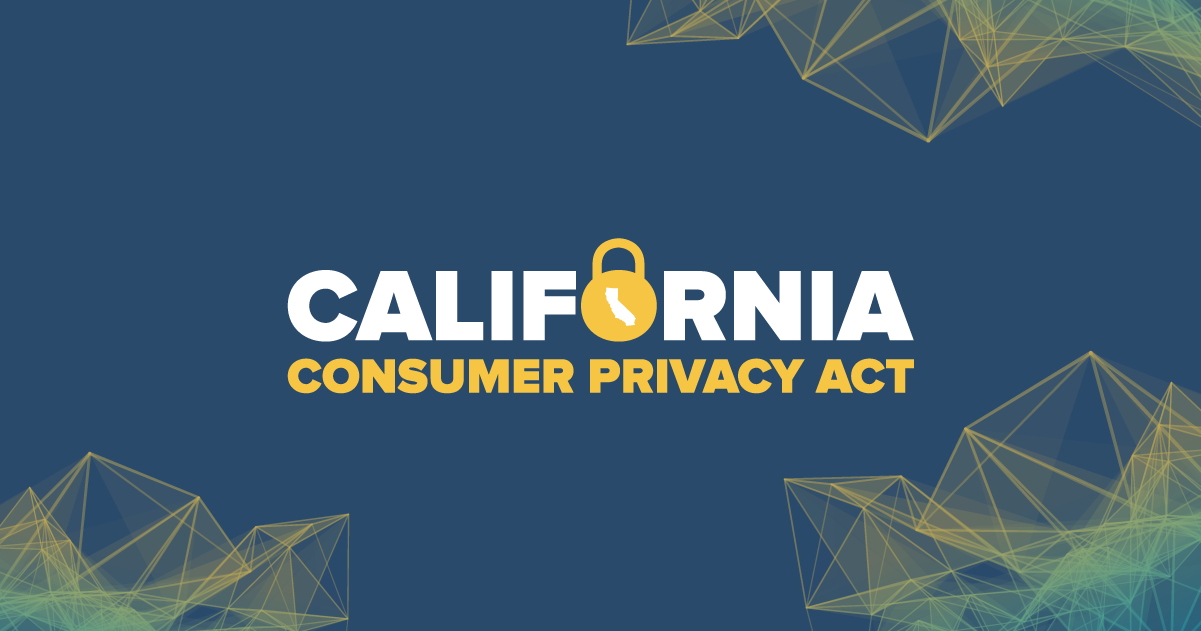Last month in July, the California state has signed “California Consumer Privacy Law” (CCPA) that constitutes as a strict GDRP kind of data privacy law. This law is the first bill of such clause and therefore, it is believed to set standards for other states too. The impact of California privacy bill is at high possibility because of its size and influence on whole US.
Some of the other state have also imposed new laws and induced amendments in their present legislations. However, none of the law from any state is considered as powerful as CCPA.
The CCPA is a stringent code of conduct regarding the collection and processing of personal data of California residents.
What are the Major Aspects of the Act?
The Act encompasses the individual data of “consumers”, which is characterized as any regular individual who is a California occupant. The expression “individual data” is extensively characterized as “any data that … identifies with … a specific customer or family unit.”
A vital exemption to this expansive definition is “openly accessible data.” However, this exemption does exclude de-distinguished consumer data, total consumer data, biometric data or information that is utilized for a reason not good with the reason for which it is freely kept up.
Individuals Who Must Follow the Act
The law maintains rules which are must follow for all the businesses who collects personal data of residents in California regardless of the location of the organization. However, the firm should comply with the act if they meet following criteria;
- If the firm acquires total business revenue of US$25,000,000.00, Without any regard to the revenue gain from California.
- It gains 50% or more revenue through selling personal information of California residents.
- Or, it buys, obtains, sells or share the personal data of 50,000 California residents in a year.
It is quite possible that most companies do not meet these criteria maybe because they are not collecting the personal data. However, there is a need to understand the definition of Personal data.
Any of the information which includes “Internet Protocol (IP)”, the online identifying address then it falls under the category of personal information. Also the other such identifiers could easily catch non-American organizations with online traffic from California.
Also a firm without a physical nearness or subsidiary in California may not be gotten under the Act if its “business lead happens completely outside of California.
On the other hand, the broad definition of selling encompasses “any unveiling or making accessible for fiscal or other important thought,” could imply that numerous little online retailers that rely upon notice income may likewise end up gotten by the enactment, regardless of whether their site does not use guest data.
So, these extensive definitions could make it complicated for a firm to make sure that none of its commercial activities take place in California.
What are the Rights Given to California Residents?
The law gives California residents the following five privacy rights;
- To learn or know
- The authority to get access to data and its portability.
- The privilege to be overlooked.
- The privilege to quit the offer of their own data.
- And the privilege to equal service and cost.

mail order viagra buy cheap viagra cheap viagra online canadian pharmacy
viagra prescription generic viagra online generic viagra cost
viagra walgreens buy viagra from canada viagra for sale
ed doctors Cheap Erection Pills best erection pills
top rated ed pills cheap ed pills cheap drugs online
new ed drugs generic viagra erectile dysfunction cure
daily use cialis cost tadalafil cialis generic
nose congested when taking cialis buy tadalafil coffee with cialis
online ed drugs canadian drug pharmacy erectile dysfunction pills
canadian drugstore online
ed meds online without doctor prescription cheap pills online online drugstore
cheap ed pills
https://prednisonegeneric20.com/ prednisone 5mg over the counter
https://zantacgeneric150.com/ generic for zantac
https://zantacgeneric150.com/ zantac coupon
https://valtrexgeneric500.com/ discount valtrex online
personal loans for bad credit payday loans no credit check instant approval